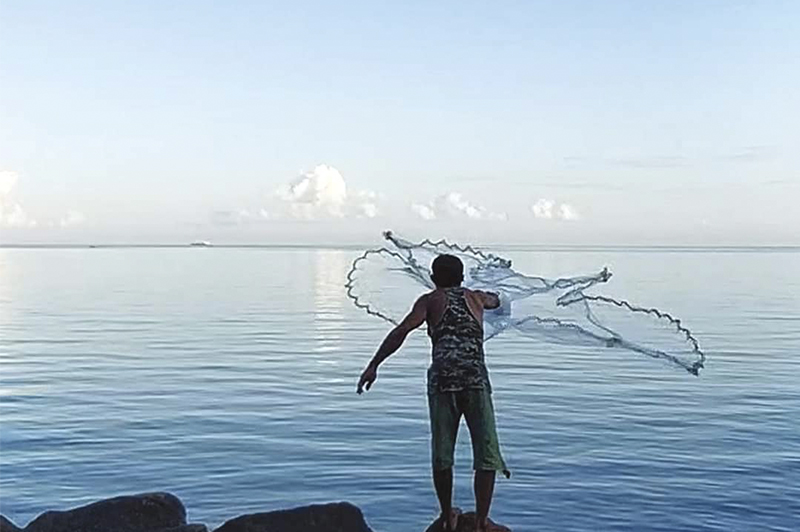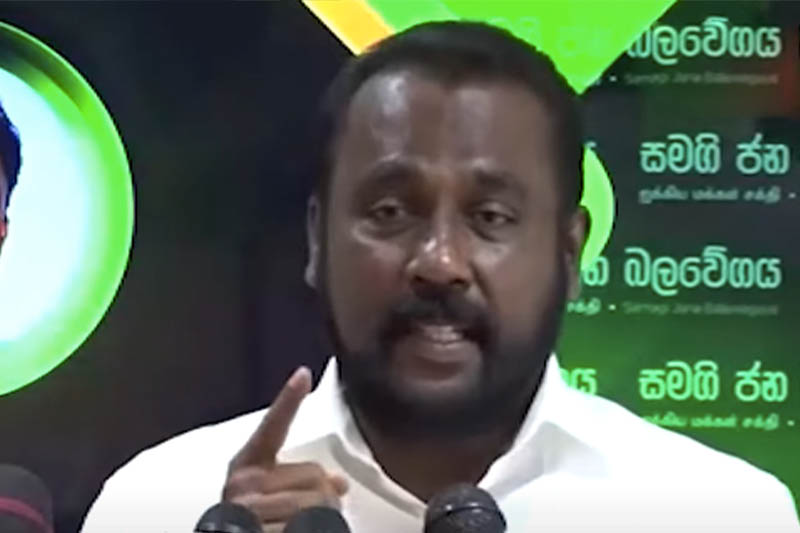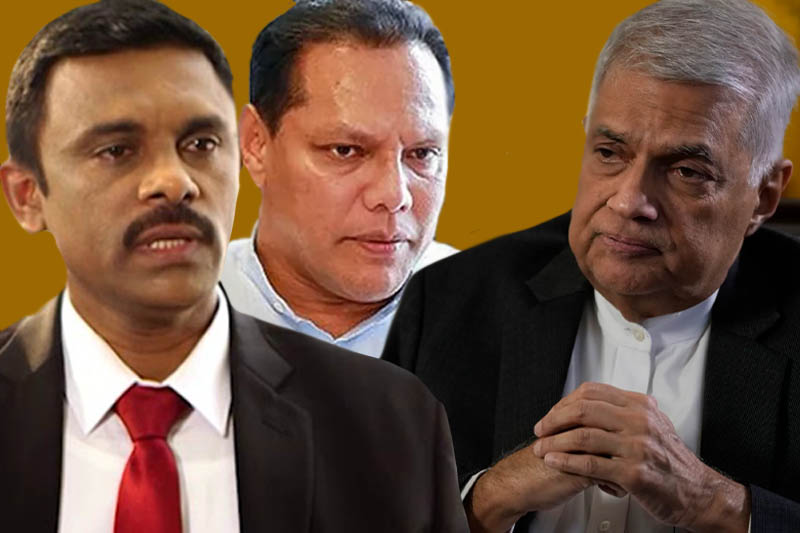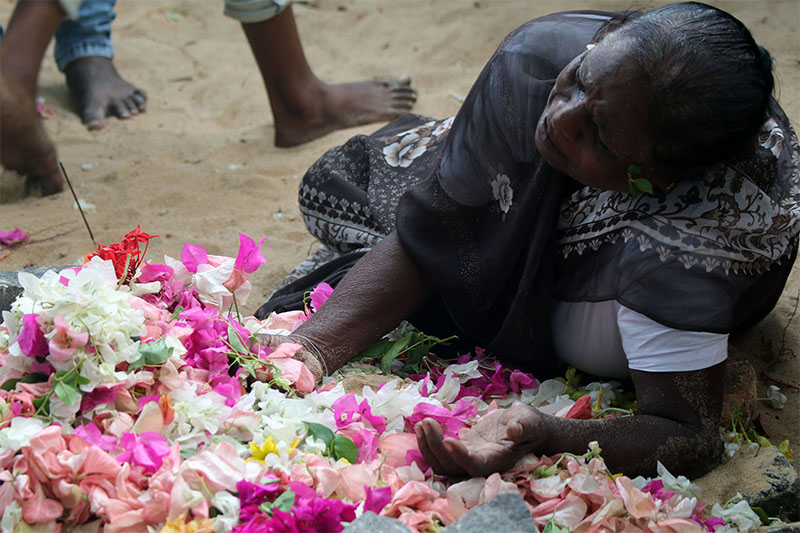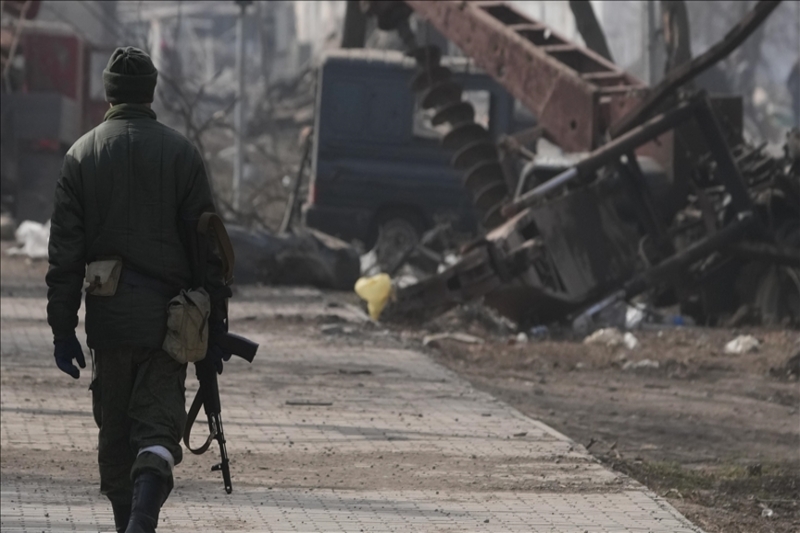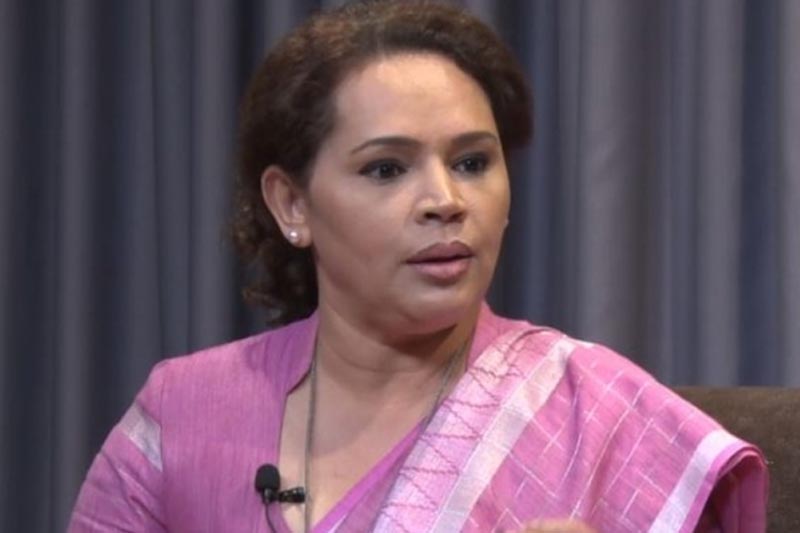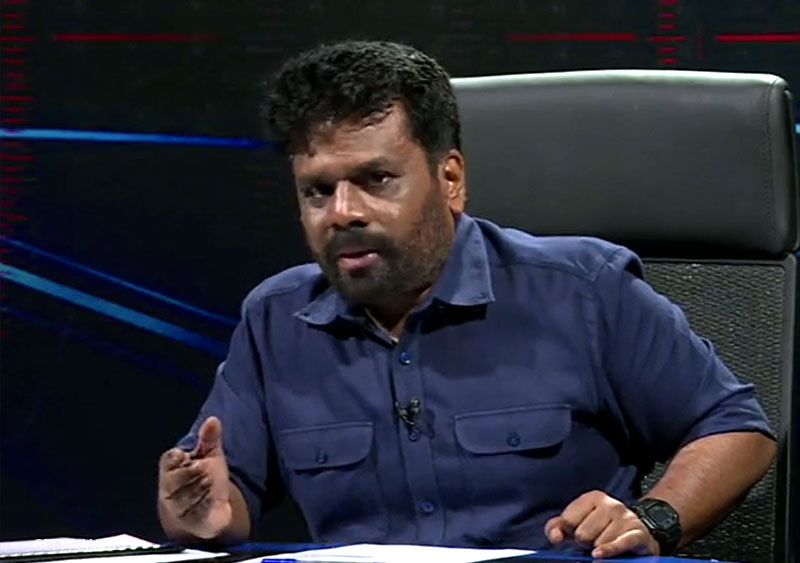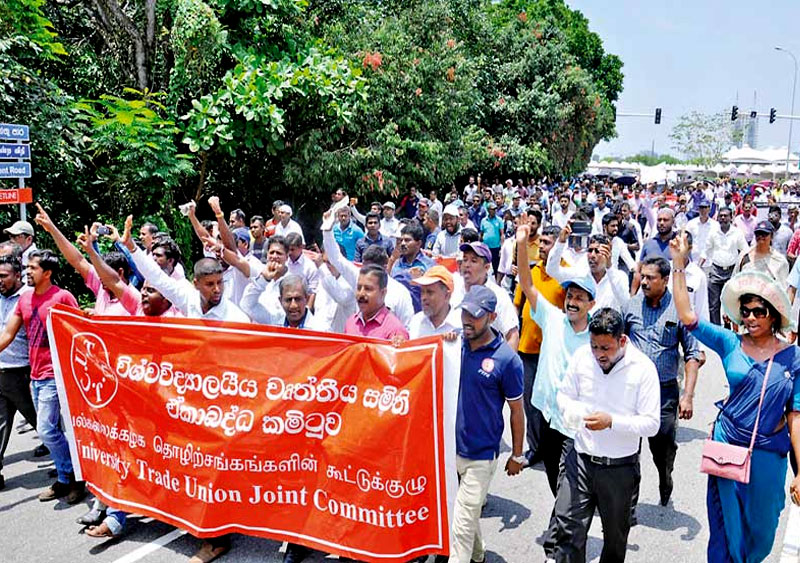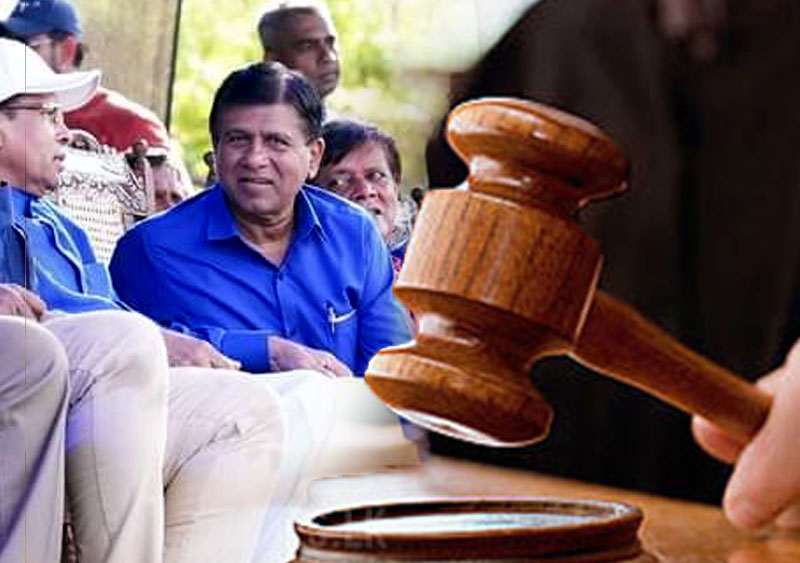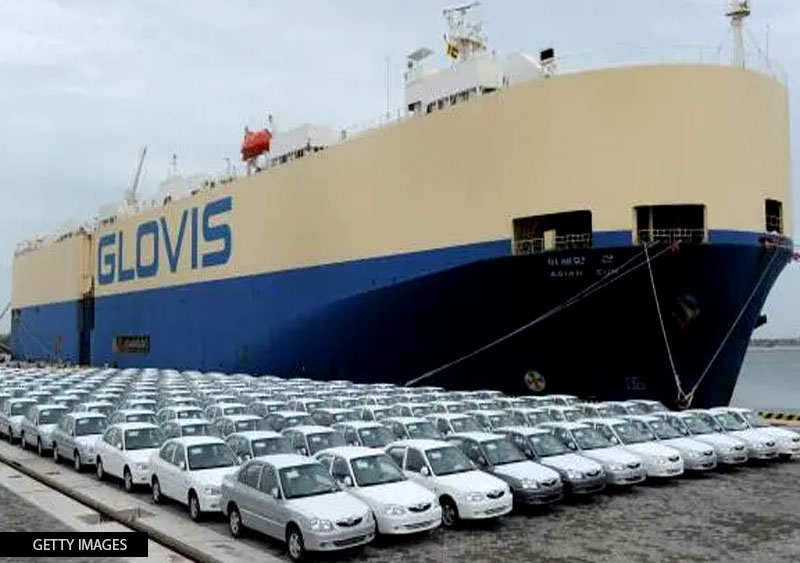A documentary film by Udan Fernando on 1st November, 2023 at 6.00 pm at the Goethe Institut, Colombo 7.
Independent researcher, consultant and columnist Udan Fernando premiered his latest documentary film, “Not So Greener Pastures”, at the British Film Institute in London on October 6th 2023.
This was followed by a panel discussion Including Dr Thiruni Kelegama, Lecturer in South Asian Studies, University of Oxford, Prof Mick Moore a political economist and professorial Fellow at the Institute of Development Studies, University of Sussex and Fidelis Leite Magalhaes, East Timorean political economist, public policy specialist and politician. In addition, there were two other screenings in The Hague and Siem Reap while another is scheduled in Melbourne in December.
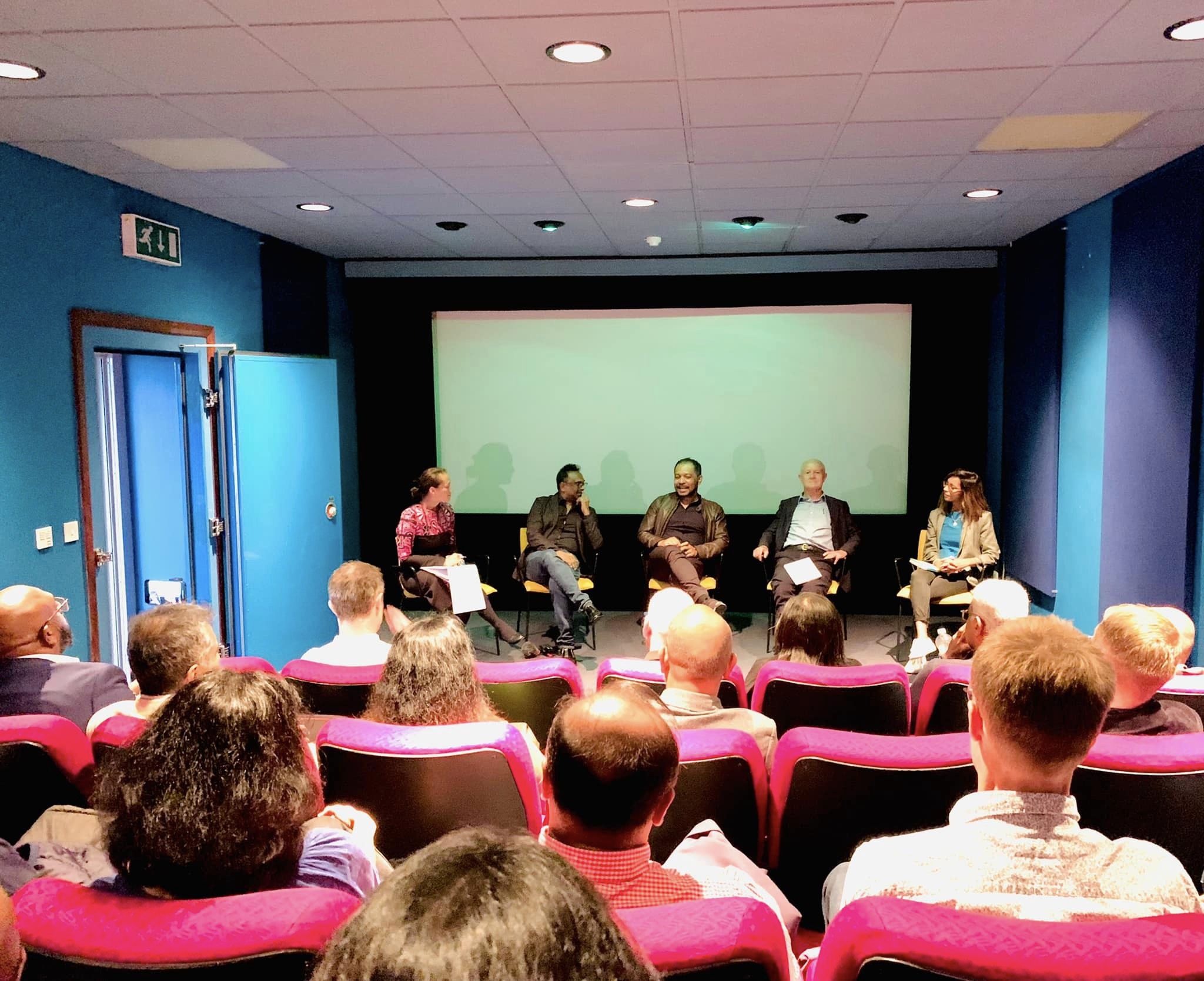
For the first time, this documentary will be screened in Sri Lanka on November 01 at 6.00 pm at the Goethe Institut, 39 Gregory’s Road, Colombo 7 followed by a panel discussion moderated by Anomaa Rajakarunaa, with the two panelists from the University of Colombo: Dr. Pavithra Jayawardena (Departments of International Relations) and Dr. Krishantha Fredriks (Department of Sinhala). This event is open to the public.
Motivated to create documentaries which highlight socio-political issues, Not So Greener Pastures will be Udan’s 10th documentary. This film was shot in Timor Leste as it unravels a less known story of Sri Lankan migrants. Migration became a significant feature in Sri Lanka with an estimated 10% of the population residing overseas.
Sri Lanka’s civil war from 1983-2009, pushed thousands of citizens from both sides of the ethnic divide to migrate to other countries as refugees, asylum seekers or economic migrants. As a result, 10% of the population of Sri Lanka now lives abroad as diaspora. The popular diasporic destinations are Canada, United Kingdom, Australia, United States, Germany, France, Norway, Switzerland that are commonly known as ‘greener pastures’, given the developed nature of these countries, the economic prosperity and stability as well as the opportunities that are available for migrants to start a fresh chapter of their lives.
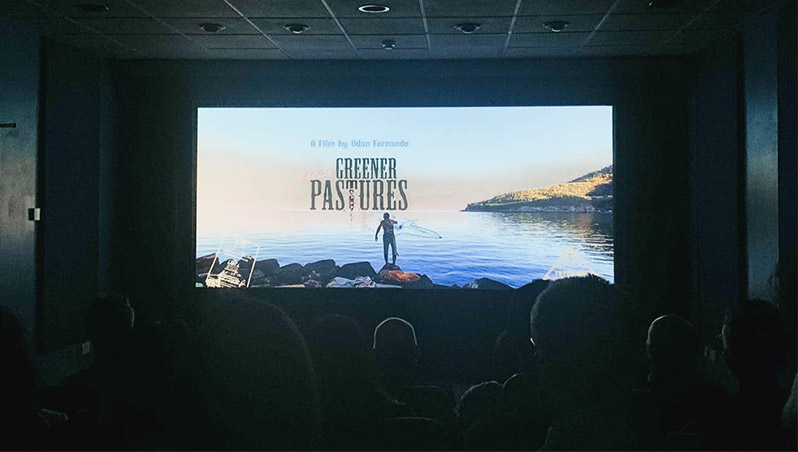
The documentary captures the dynamics of the overlapping contexts of these two countries that were struggling to come out of a long period of conflict and turmoil while juxtaposing the trajectories of a group of people from one conflict- laden country finding another conflict-laden country as a haven, an oasis or a greener pasture.
The documentary follows the early Lankan migrants to Timor Leste from 2001 when the latter was reaching a certain degree of stability and peace. The documentary will feature four Sri Lankans originating from the Northern (Manipay), Southern (Hambantota), North Western (Madahapola, Kurunegala) and Western (Gampaha) provinces of the country who have ended up in TL since 2001 with different motives and have settled in Timor since then. Three of them are married to Timorese women and have assimilated and integrated well with the local culture, business and even politics. The documentary brings the detailed trajectories of selected Lankan migrants in Timor Leste and also captures how Lankans perceive Timor Leste, their domiciled land, particularly the political and conflict dimensions that are somewhat akin to their experience in Sri Lanka.
While Not So Greener Pastures is doing its round of screenings it has caught the eyes of film critics. Excerpts of two reviews of the film so far are given below.
“In his latest film, Not So Greener Pastures, Udan Fernando explores the varied experiences of Sri Lankan émigrés to the Southeast Asian Island nation of Timor-Leste. Juxtaposing interviews and expert commentary with contemporary images and historical footage, viewers are presented with a series of unique perspectives on the country’s first two decades of independence. Tracing the intertwined histories of war, migration and financial hardship, Fernando’s film highlights personal struggle, but also an attenuated hope, as the film’s protagonists work to create new lives and opportunities for the future—from opening restaurants and selling imported vehicles to marrying and seeing their children through school to university. Background and commentary are provided by leading international scholars, activists and participants in the historical events related, offering a range of perspectives on the pertinent political, postcolonial, and socio-economic contexts.”
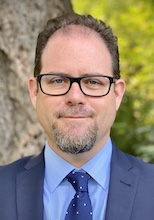
Dr. Richard Fox
Professor & Chair of Pacific and Asian Studies
Professor of Anthropology
Director, Canadian Southeast Asian Studies Initiative
University of Victoria (BC, Canada)
“Over centuries, millions have chosen to leave their homes and to go abroad to seek employment and a better life. People migrating from poor and troubled lands to wealthy and secure ones get massive public and political attention, while movements of people from poor places to other poor places are far larger. Yet those migrations are ignored. This film helps redress that gap. It focuses on East Timor, a twice-occupied country that is one of Asia’s poorest. The film introduces us to four Sri Lanken men: an auto mechanic, a restaurant owner, a shopkeeper and an IT worker. They tell of why and how they came to East Timor, whose history is marked by struggles to end Portuguese colonial rule and thereafter Indonesian occupation, a three-year period of transition under the UN, full statehood in 2002 and serious factional unrest in 2006. Despite disruptions and uncertainties, these migrants today enjoy modest success and only one (whose wife remained at home) intends to return to Sri Lanka. This instructive film merges interviews with these men together with film footage of Timor’s recent past, and in so doing reveals some human dimensions of migration within Asia”.

David Sogge
Author, Amsterdam
Synopsis
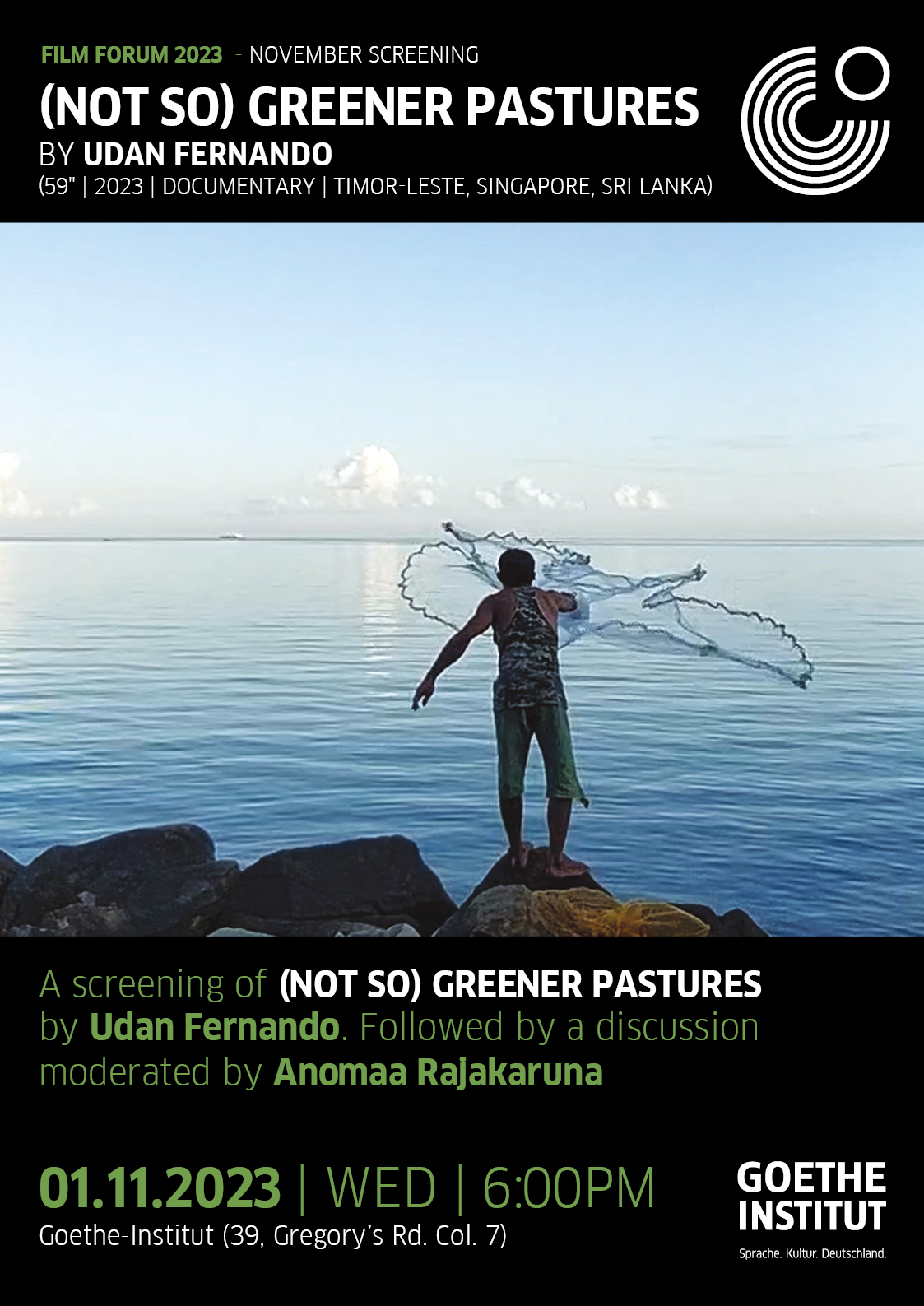
Four young men, hailing from the four corners of Sri Lanka, leave behind the country’s conflict-ridden shores at the turn of the new century to rebuild their lives in an unusual destination and lesser-known country -Timor-Leste.
Driven by personal aspirations as much as the war, they seek to rebuild their lives amongst the ruins of Timor Leste, a country in the shadows of a long-drawn history of colonialism, occupation, and conflict. Nearly twenty years on, the four men recount their - at times - harrowing journeys to gain a foothold in an obscure “greener pasture”, highlighting their camaraderie and the underlying tensions in relationships, the everyday struggles of living in dissonance and the seemingly random events that unexpectedly shape their lives.
Interspersed with insights into Timor Leste’s history of conflict, the documentary presents as outsiders, how these domiciled individuals anchored themselves in a new land by navigating and negotiating a scarred political and economic terrain not dissimilar to what they chose to leave behind.
About the director
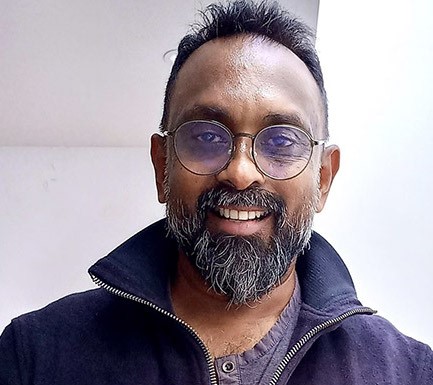 Udan Fernando obtained his PhD from the University of Amsterdam, in International Development Cooperation.
Udan Fernando obtained his PhD from the University of Amsterdam, in International Development Cooperation.
He received a Diploma in Cinematography from OCIC, Colombo in 1985 and followed a Short Course on Anthropological Film Making at the University of Amsterdam in 2007.
Due to his preoccupation with the research and other professional work, Udan had to wait until 2018 to direct a film which was Dwandha (Duel): a Tale of Two Rebels, 50 minutes, English, a documentary based on two years of research in the UK and Australia.
Throughout his career, from Head of the Development Commission of the National Christian Council of Sri Lanka (1989-1995), Executive Director of Paltra (Gte) Ltd (1996-2001), Guest Researcher at University of Amsterdam (2002-2007), Senior Consultant of Context International, Netherlands (2008-2012) and Executive Director of the Centre for Poverty Analysis (CEPA), a Sri Lankan think-tank (2012-2020) Udan has focused on development cooperation and aid policy in Sri Lanka, Europe, East & West Africa and Southeast Asia.
Udan is currently based in Singapore, working as a Consultant with the Association for Asian Studies (AAS), a US-based academic agency in At AAS,
He is working with the project, “Developing the Humanities and Social Sciences and Supporting Under-Represented Scholars of Asia”, in Cambodia, Thailand, India, Pakistan and East Timor.

